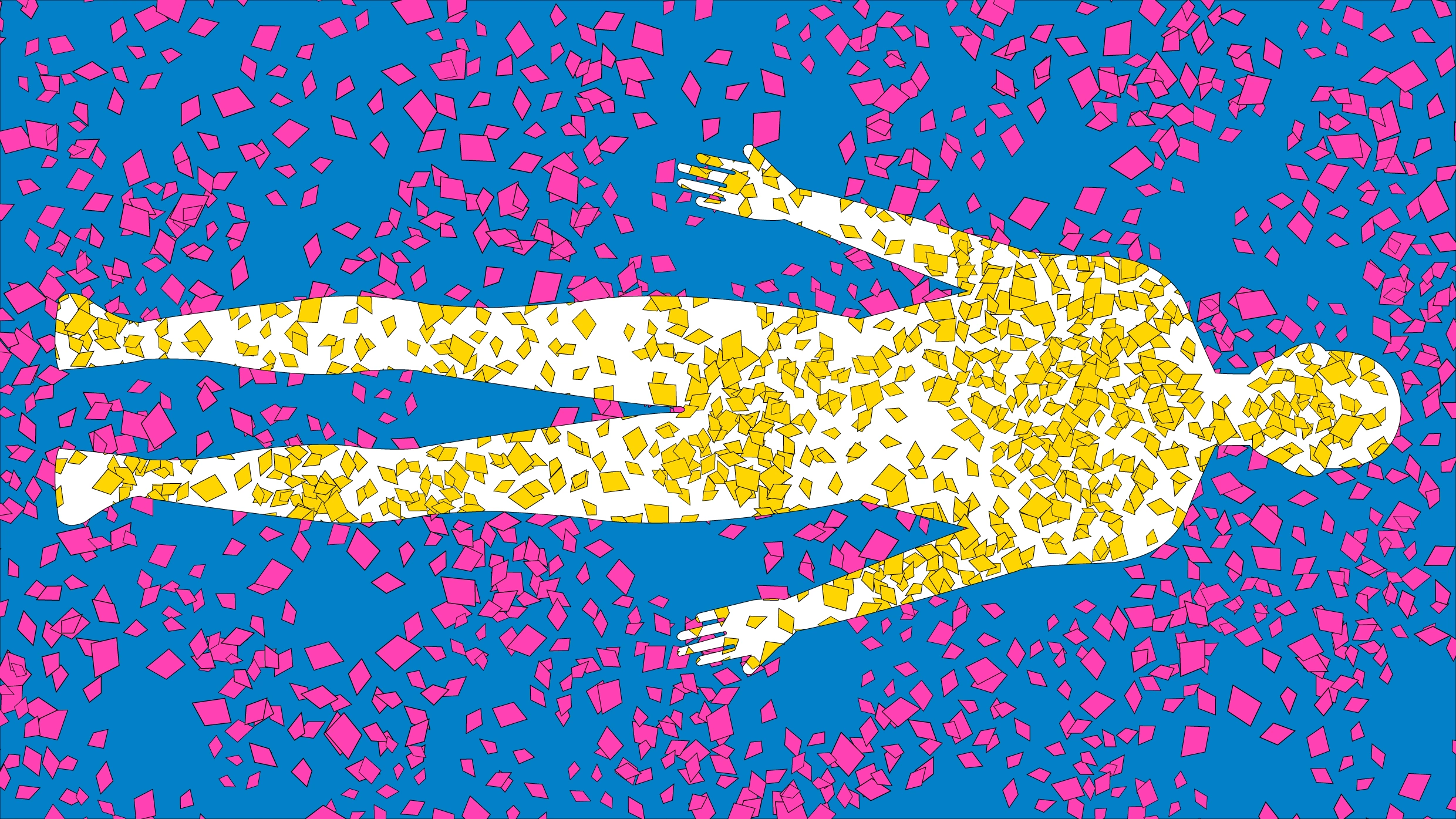#human-health
#human-health
[ follow ]
#microplastics #plastic-pollution #environmental-impact #environmental-science #air-pollution #pfas #research
fromFuturism
1 month agoAstronauts' Brains Are Being Displaced
The human brain, which is suspended in clear cerebrospinal fluid inside the skull, can also be impacted by the effects of microgravity - in a surprisingly tangible way. As detailed in a new study published by an international team of researchers in the journal PNAS, the brain "shifts upward and backward within the skull following spaceflight, with sensory and motor regions exhibiting the largest shifts."
Medicine
Environment
fromHarvard Gazette
3 months agoOn the sea or in the lab, Olivia Hogan-Lopez knows the value of perseverance - Harvard Gazette
Per- and polyfluoroalkyl substances (PFAS) persist widely in the environment and human bodies, posing health risks and prompting research into sources, accumulation, and exposure reduction.
fromwww.theguardian.com
6 months agoChemical pollution a threat comparable to climate change, scientists warn
The industrial economy has created more than 100 million novel entities, or chemicals not found in nature, with somewhere between 40,000 and 350,000 in commercial use and production.
Environment
fromNature
7 months agoThe spatiotemporal distribution of human pathogens in ancient Eurasia - Nature
Pathogens have been a constant threat to human health throughout our evolutionary history. Infectious diseases are estimated to have been responsible for more than half of all children deaths before age 15.
Public health
OMG science
fromNature
8 months agoDaily briefing: Chemical 'shuttles' carry large drugs across the blood-brain barrier
Xenon gas enhances climbers' acclimatization, enabling safer and shorter ascents of Mount Everest.
A U.S. lab vital for air pollution research faces closure, jeopardizing health standards.
Bed bugs proliferated around the emergence of early cities, establishing them as urban pests.
[ Load more ]







